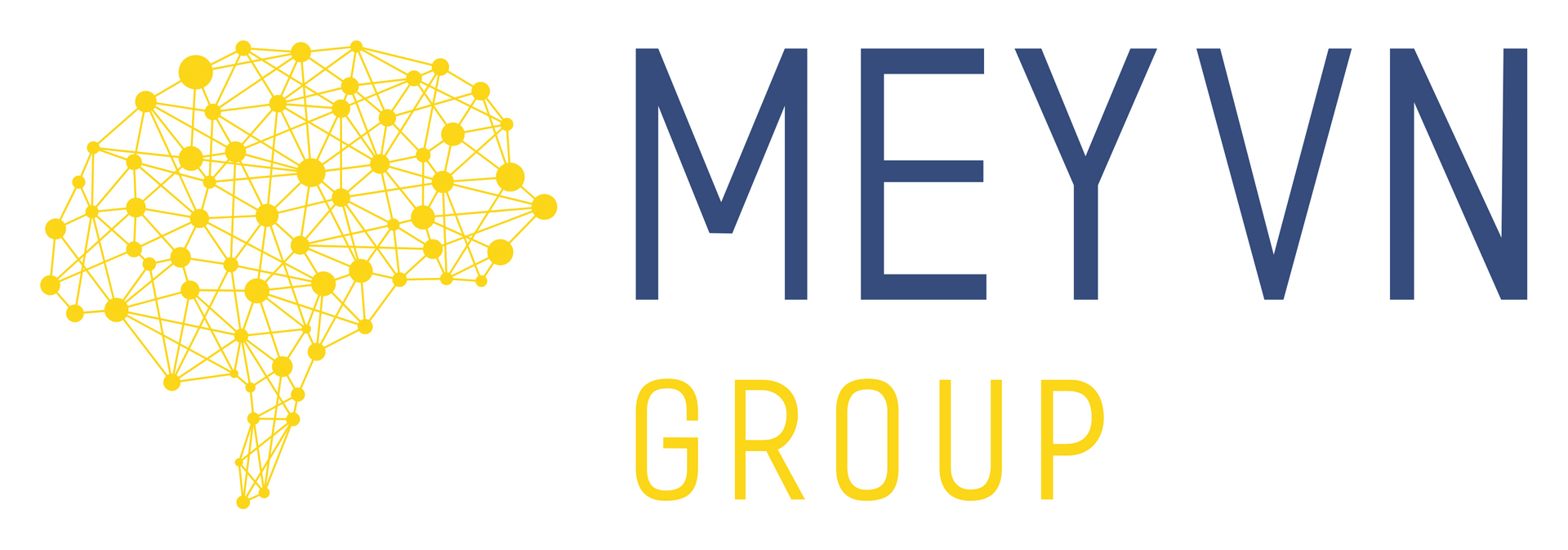In the ever-evolving world of education, one of the most significant shifts we are witnessing is the transformation of the teacher's role from an information gatekeeper to a learning facilitator. This paradigm shift, driven by the deluge of information available online, is reshaping the way educators approach teaching and how students engage with learning.
The Changing Role of Teachers
Historically, teachers were the primary sources of information, the custodians of knowledge, and the central figures in the dissemination of education. However, in the digital age, information is ubiquitous, and knowledge is just a click away. As Brown (2021) aptly notes, this accessibility of information necessitates a change in the role of educators. Instead of being the sole fountain of knowledge, teachers are now evolving into facilitators who guide, support, and inspire learning.
Emphasising Critical Thinking and Problem-Solving
One of the critical aspects of this new role is cultivating students' critical thinking and problem-solving skills. In a world awash with information, not all of it accurate or reliable, educators must teach students how to evaluate information critically. Miller (2022) highlights the importance of this skill in the modern learning environment, where discerning facts from misinformation is crucial. By fostering these skills, teachers empower students to navigate the complex landscape of digital information independently and responsibly.
Facilitating Learning in a Digital Age
As facilitators, teachers are now tasked with creating learning environments that encourage exploration, inquiry, and collaboration. This approach goes beyond the traditional lecture model, inviting students to be active participants in their learning journey. It involves using technology not just as a tool for delivering content, but as a platform for interactive, personalised, and engaging learning experiences.
The Teacher-Student Dynamic
This shift also redefines the teacher-student dynamic. In the facilitator model, the relationship is more collaborative and less hierarchical. Teachers work alongside students, guiding them through learning paths, encouraging exploration, and supporting their journey to find answers. This collaborative approach helps in building a more engaging and inclusive classroom environment.
Preparing for the Future
In preparing students for the future, the role of the teacher as a learning facilitator is indispensable. It is about equipping students with the skills they need to thrive in a rapidly changing world. This includes not only academic knowledge but also the ability to think critically, solve problems creatively, and navigate a digital world rich with information but also fraught with challenges.
The transition from information gatekeepers to learning facilitators represents a significant evolution in the field of education. It reflects a deeper understanding of the needs of modern learners and the realities of the digital age. As educators embrace this role, they are not only changing the way they teach but are also shaping the future of learning and preparing students for a world that is constantly evolving.
The Meyvn Group can play a pivotal role in supporting training organisations through this paradigm shift in education. Our expertise in modern teaching methodologies and digital technologies aligns perfectly with the needs of educators transitioning to facilitators. We offer specialised training and resources that focus on developing critical thinking, problem-solving skills, and leveraging technology for interactive learning experiences. By partnering with Meyvn Group, training organisations can effectively equip their educators to foster a more collaborative, inquiry-based learning environment, preparing students for the complexities of the digital age.
References
- Brown, A. (2021). From gatekeepers to guides: The evolving role of teachers in modern education. Teaching Innovations, 34(2), 112-119.
- Miller, R. (2022). Facilitating learning in the information age. New Directions in Education, 29(2), 134-142.


